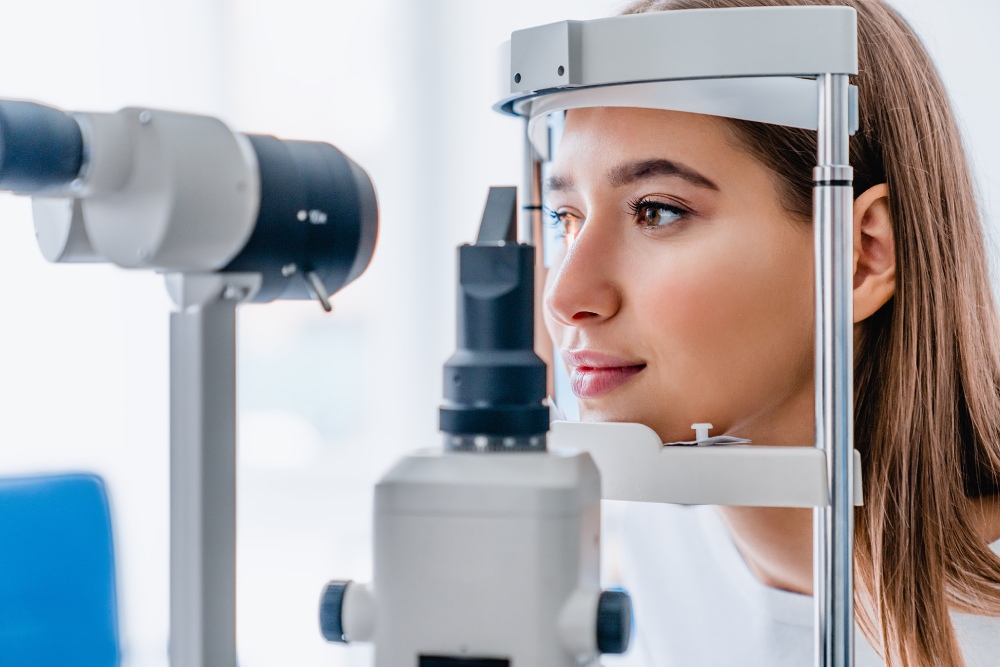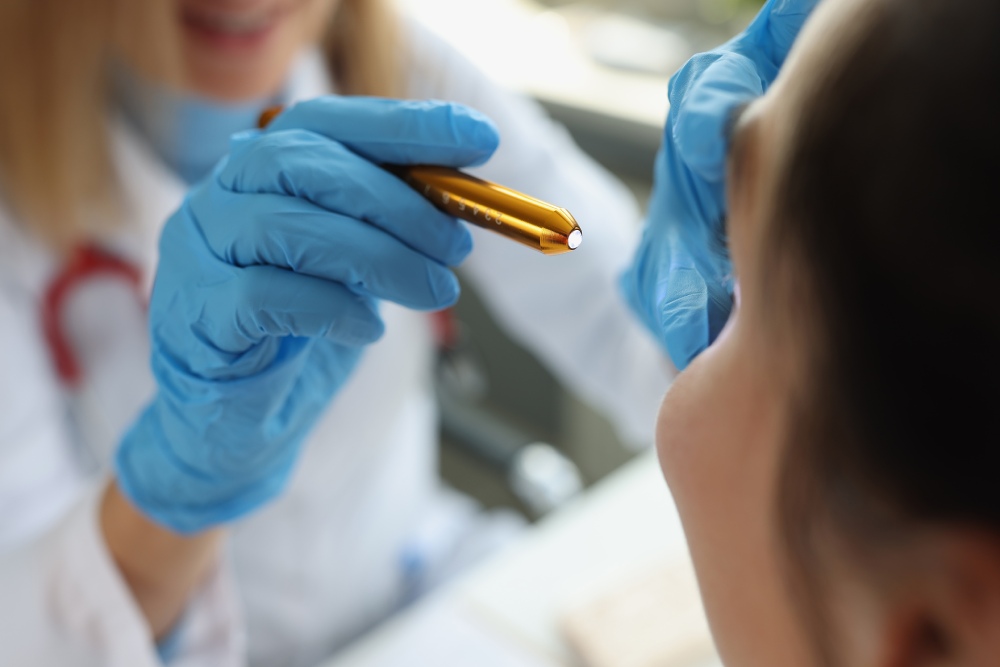Are you having trouble seeing clearly at night? Many people find it hard to drive in the dark or adjust to low-light environments. While this can sometimes be attributed to other issues, it is important to visit an eye doctor if this is a common occurrence. Let’s explore why your vision might deteriorate at night and why it’s important to visit an eye doctor regularly.
What causes poor night vision?
Numerous factors can affect your night vision, but here are some of the most common ones:
Glare sensitivity
If you are particularly sensitive to bright lights or glare from headlights, this could affect your night vision. Glare sensitivity often requires specialized treatment from an optometrist and the use of specialized glasses or contact lenses.
Cataracts
Another potential cause of nighttime vision problems is cataracts. Cataracts are cloudy patches on the lens of your eye that cause blurred images and glare from bright lights. They usually form slowly over time as part of the natural aging process, but they can also be caused by injury or other medical conditions such as diabetes.
Glaucoma
Glaucoma is a condition that damages the optic nerve and can lead to decreased peripheral (side) vision and poor night vision. Glaucoma is often symptomless in its early stages so regular visits to an optometrist are important for detecting glaucoma before permanent damage occurs. You can expect your optometrist to perform various tests during your appointment, such as visual field testing, which assesses how well you see peripherally at different distances.
Your eye doctor will also use specialized equipment such as OCT scans (optical coherence tomography). This technology uses light waves instead of x-rays or MRIs to take pictures of the inside of your eyes. This detects any abnormalities in your optic nerve or other parts of your eye that could be signs of glaucoma or other vision-affecting diseases.
Astigmatism
Finally, astigmatism may be the culprit behind blurry night vision. Astigmatism is an imperfection in the curvature of your cornea that causes light rays to focus incorrectly on your retina, resulting in distorted images and poor night vision.
Why should you visit an optometrist?
It’s important to see an optometrist if you suspect that you have any kind of eye issue that could be impacting your vision at night. An optometrist will conduct a thorough eye exam and check whether any underlying physical problems might be causing difficulties with your sight. They may even suggest corrective eyewear or special lenses designed specifically for nighttime driving.
Our eyesight naturally deteriorates as we age, but there may be an underlying cause if your night vision has suddenly taken a turn for the worse. Our eye care professionals can identify any potential factors that could be causing your vision problems. Don’t hesitate—make sure you book an appointment at Lawrenceville Family Eyecare today!





